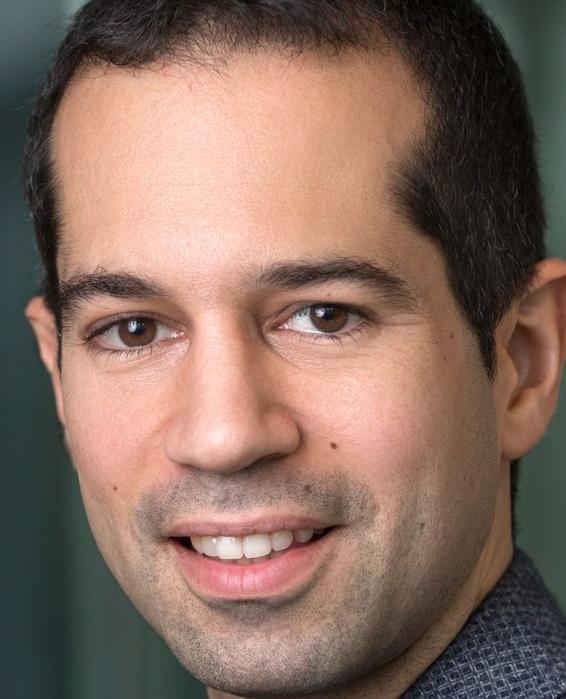Autonomous Vision-based Drones
Lecture by Prof. Dr. Davide Scaramuzza, Director of Robotics and Perception Group

Program
30.10.2024
6:30 pm
Lecture by Prof. Dr. Davide Scaramuzza (uzh.ch)
Director of Robotics and Perception Group
7:30 pm
Invitation to an apéro
Location
Registration
Via UZH Alumni by 23.10.2024
Abstract
Autonomous drones play a crucial role in inspection, agriculture, logistics, and search-and-rescue missions and promise to increase productivity by a factor of 10. However, they still lag behind human pilots in speed, versatility, and robustness. What does it take to fly autonomous drones as agile as or even better than human pilots? Autonomous, agile navigation through unknown, GPS-denied environments poses several challenges for robotics research regarding perception, learning, planning, and control. In this talk, I will show how the combination of model-based and machine-learning methods, united with the power of new, low-latency sensors, such as event cameras, can allow drones to achieve unprecedented speed and robustness by relying solely on onboard computing. This can result in better productivity and safety of future autonomous aircraft.
Bio
Davide Scaramuzza is a Professor of Robotics and Perception at the University of Zurich. He did his Ph.D. at ETH Zurich, a postdoc at the University of Pennsylvania, and was a visiting professor at Stanford University. His research focuses on autonomous, agile navigation of mini drones using standard and event-based cameras. He pioneered autonomous, vision-based navigation of drones, which inspired the navigation algorithm of the NASA Mars helicopter and many drone companies. In 2022, his team demonstrated that an AI-powered drone could outperform the world champion of drone racing, a result published in Nature. He has been consulting the United Nations on disaster response, the Fukushima Action Plan, disarmament, and AI for good. For his research contributions, he has won many awards, including an IEEE Technical Field Award, the IEEE Robotics and Automation Society Early Career Award, a European Research Council Consolidator Grant, and many paper awards, including the IROS 2023 Best Paper Award, the IEEE Robotics and Automation Letters' and the Transactions on Robotics best paper awards. Davide contributed significantly to visual-inertial state estimation, vision-based agile navigation of microdrones, and low-latency, robust perception with event cameras. His results have been transferred to many products, from drones to automobiles, cameras, AR/VR headsets, and mobile devices. Davide counts several entrepreneurial achievements: in 2015, he co-founded Zurich-Eye, which became Meta Zurich, which developed the world-leading virtual-reality headset Meta Quest. In 2020, he co-founded SUIND, which builds autonomous drones for precision agriculture. Many aspects of his research have been featured in the media, such as The New York Times, The Economist, and Forbes.
Christine Janine Wittlin